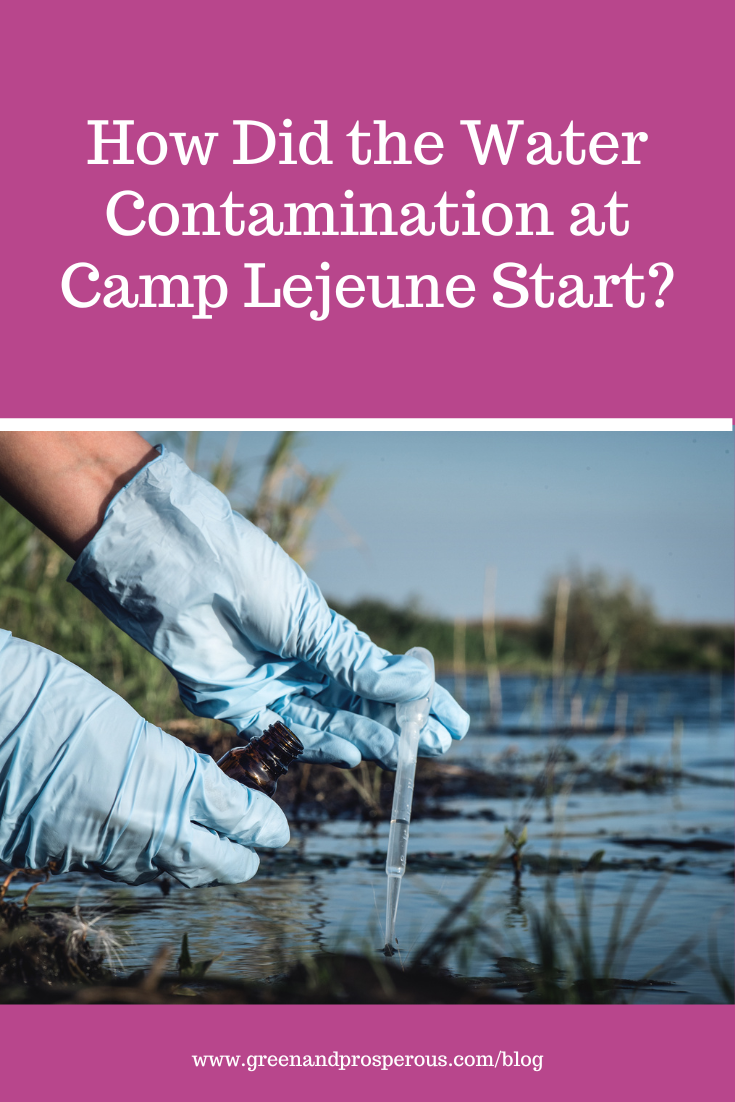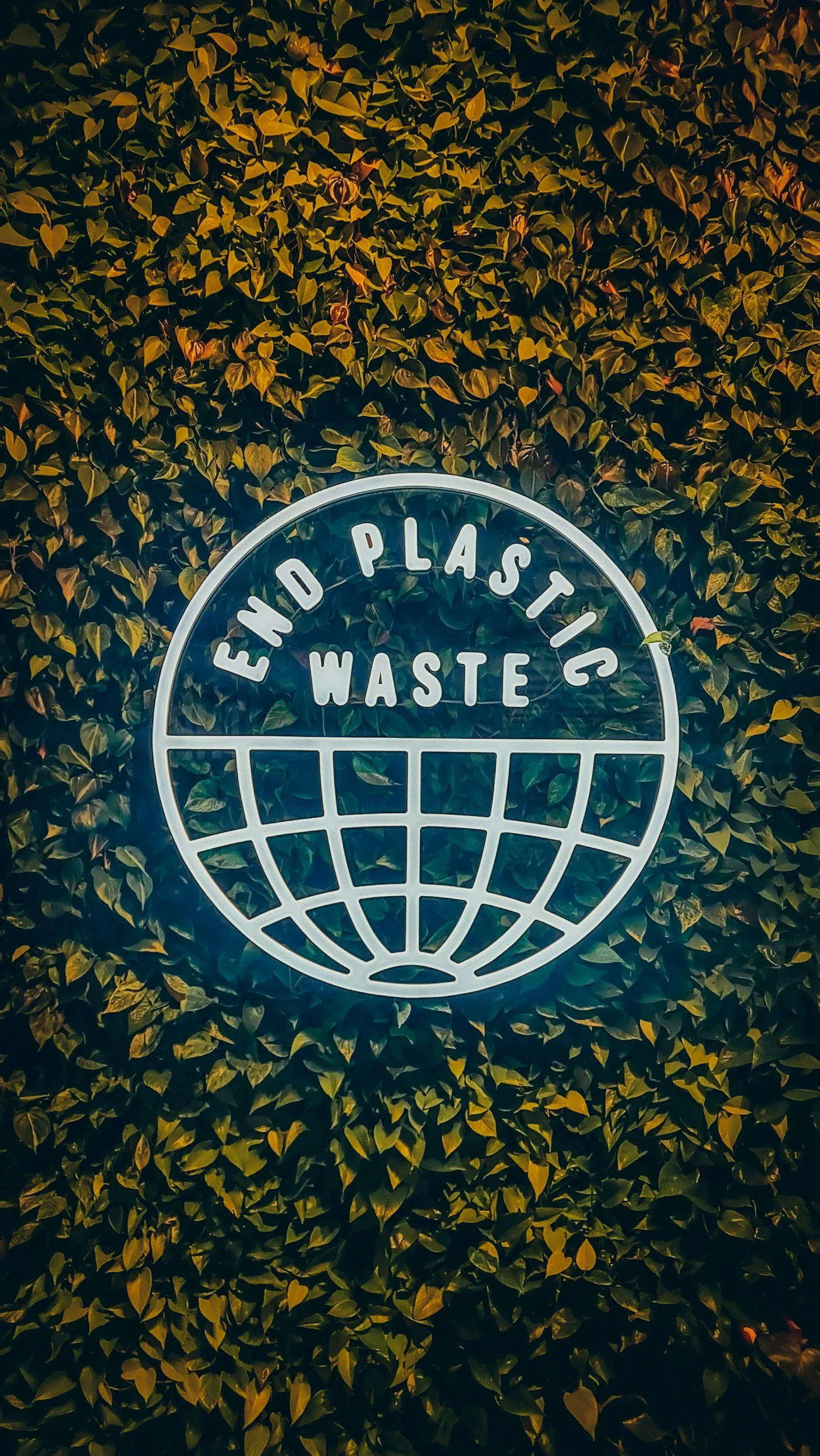How Did the Water Contamination at Camp Lejeune Start?
/Camp Lejeune is a United States Marine Corps base located in Jacksonville, North Carolina. The base was established in 1941 and served as a training and deployment center for Marines and their families for decades. However, it has also been the site of one of the worst cases of water contamination in American history. Find out more about the situation and how to join the Camp Lejeune contaminated water lawsuit if you or a family member is experiencing the side effects of consuming unsafe water. This article will examine the history of water contamination at Camp Lejeune, including how it started, the impact it had on the health of those who lived and worked there, and the government's response to the contamination.
Background
From the 1950s to the 1980s, the water supply at Camp Lejeune was contaminated with several toxic chemicals, including trichloroethylene (TCE), tetrachloroethylene (PCE), and benzene. These chemicals were used in a variety of industrial processes and had been disposed of improperly, leading to their presence in the base's water supply. The contamination was discovered in the 1980s, but it is believed that the water had been contaminated for decades before that.
Cause of Contamination
The contamination was caused by a combination of factors, including the improper disposal of hazardous chemicals, inadequate storage and handling of these chemicals, and a lack of proper monitoring and regulation of the base's water supply. Despite warning signs and reports of contamination, the Marine Corps failed to take action to prevent the contamination.
Impact on Health
The impact of the water contamination on the health of those who lived and worked at Camp Lejeune was significant. Several studies have been conducted on the health effects of the contamination, and they have found that exposure to the contaminated water was associated with an increased risk of several serious health problems, including cancer, birth defects, and other serious illnesses.
A study by the Agency for Toxic Substances and Disease Registry (ATSDR) estimated that as many as 900,000 people may have been exposed to the contaminated water at Camp Lejeune. A study by the National Academy of Sciences estimated that the incidence of several types of cancer was elevated among men and women who had lived or worked at Camp Lejeune during the period of contamination.
Financial Consequences
The financial losses suffered by the victims of Camp Lejeune water contamination have been substantial. Many have faced significant medical bills and lost wages due to health problems caused by exposure to contaminated water. Some have also experienced a reduced quality of life and increased stress and anxiety as a result of their illnesses. In response, the U.S. government has provided medical care and compensation to those affected, including reimbursement for out-of-pocket medical expenses, disability payments, and other forms of financial assistance. However, many victims have criticized the compensation program as inadequate, arguing that it does not fully account for the extent of their losses and suffering. It is not fair for the victims to sustain financial loss due to the negligence of the government. Here are some of the financial losses suffered by the victims of the Camp Lejeune water contamination:
Medical Bills
As we know, contaminated water can cause various diseases, for which the victims will require medical attention. It is a well-known fact that healthcare is not cheap in the US. Victims can seek compensation for past and future medical expenses incurred as a result of their exposure to contaminated water.
Lost Wages and Loss of Earning Capacity
The next big financial loss is lost wages and loss of earning capacity due to illness. Many victims suffer from severe diseases which seize their ability to go to work. This loss of wages can be recovered through personal injury law with the assistance of a good lawyer.
Non-Financial Losses
Victims not only go through financial losses but also go through non-financial losses. Many victims go through mental trauma because of the disease they suffer due to Camp Lejeune water contamination. Here are some of the non-financial losses suffered by victims of Camp Lejeune:
Pain and Suffering
You got compensation for your medical expenses, but what about the pain and suffering you went through? Even though it is hard to quantify, you must include your pain and suffering when calculating damages.
Loss of Quality of Life
You might not enjoy your life the same way again because of exposure to contaminated water. When filing a lawsuit, you must seek compensation for your loss of quality of life and loss of enjoyment.
like this? Please pin!
Government Response
The government's response to water contamination at Camp Lejeune, a US Marine Corps base in North Carolina, has been multi-faceted and ongoing. In the years since the contamination was first discovered in the 1980s, various government agencies have taken steps to address the problem and provide compensation to those affected. One of the first government responses was the comprehensive study of the health effects of the contamination. The Agency for Toxic Substances and Disease Registry (ATSDR) conducted a study of the health effects of the contaminated water on the base's residents and found that exposure to the contaminated water was associated with an increased risk of certain cancers and other illnesses. The Marine Corps and the Navy have also taken steps to clean up the contaminated water at Camp Lejeune. The Marine Corps has implemented several remediation projects to remove the contaminated water and has also installed new water treatment systems to prevent further contamination.
The water contamination at Camp Lejeune was a serious public health disaster that affected the lives of thousands of people. The primary cause of the contamination was industrial waste disposal, which led to the presence of toxic chemicals in the base's water supply. The US government has taken steps to provide compensation and health care to the veterans and family members affected by the contamination through the Honoring America's Veterans and Caring for Camp Lejeune Families Act and the Department of Veterans Affairs. Additionally, the Marine Corps and the Navy have taken steps to clean up the contaminated water and prevent further contamination.
About the author:
Robert Williams is the founder and senior editor of Legal analysis, a blog that is dedicated to law. Robert is a passionate writer who loves to write about law and digital marketing. His goal is to make people aware of their legal rights and to protect themselves. He has many years of experience working with various law firms and digital marketing agencies as a content writer. Robert aims to raise people's awareness of the value of technology in modern society through his publications.









































